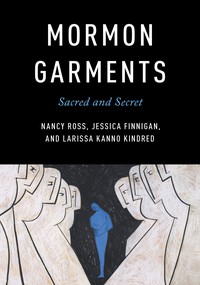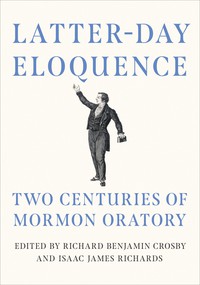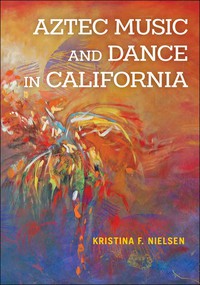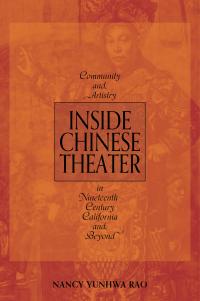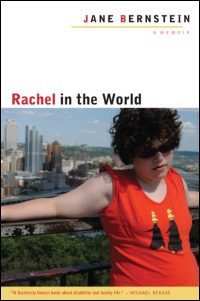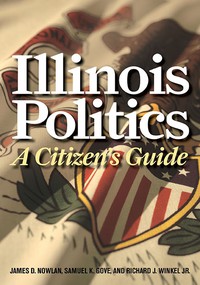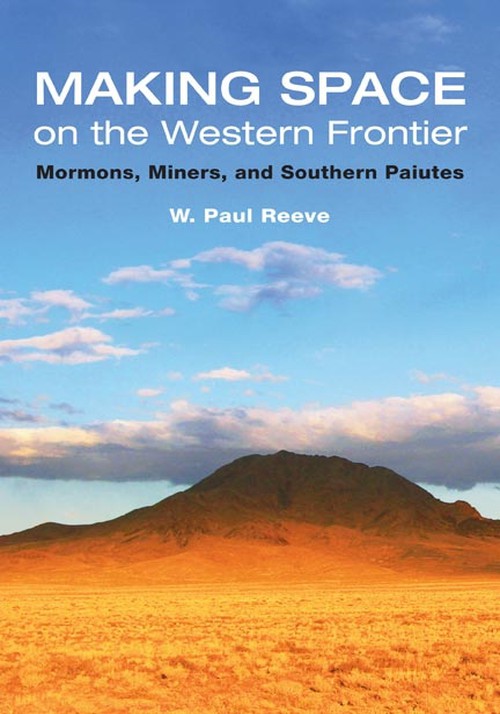
Making Space on the Western Frontier
About the Book
When Mormon ranchers and Anglo-American miners moved into centuries-old Southern Paiute space during the last half of the nineteenth century, a clash of cultures quickly ensued. W. Paul Reeve explores the dynamic nature of that clash as each group attempted to create sacred space on the southern rim of the Great Basin according to three very different worldviews.With a promising discovery of silver at stake, the U.S. Congress intervened in an effort to shore up Nevada's mining frontier while simultaneously addressing both the "Mormon Question" and the "Indian Problem." Even though federal officials redrew the Utah/Nevada/Arizona borders and created a reservation for the Southern Paiutes, the three groups continued to fashion their own space, independent of the new boundaries that attempted to keep them apart.
When the dust on the southern rim of the Great Basin finally settled, a hierarchy of power emerged that disentangled the three groups according to prevailing standards of Americanism. As Reeve sees it, the frontier proved a bewildering mixing ground of peoples, places, and values that forced Mormons, miners, and Southern Paiutes to sort out their own identity and find new meaning in the mess.
About the Author
W. Paul Reeve is an assistant professor of history at the University of Utah.Reviews
""There are many anecdotes and insights in this book that have not appeared elsewhere -- such as the role played by Rep. James Ashley, chairman of the committee on territories, in diminishing the size of Utah. . . . There are stories that illustrate the role of racism, religious bigotry, politics and cultural diversity that helped influence the future course of the Rocky Mountain West. . . . Reeve writes well and doesn't make assertions he cannot support with historical evidence. The average reader will find much of interest in these carefully produced pages."--Deseret Morning News"Reeve's book about an isolated corner of the Great Basin desert is an effective case study at both the micro and macro levels. . . . We learn a great deal about Southern Paiute and Mormon world views that defined and defended this desert as sacred. We come to understand how those views posed a threat to the post-Civil War project to create mainstream American culture."--Journal of American History
"This comparative case study of three groups' worldviews serves as a clear argument against Western exceptionalism. . . .The book would be especially welcome in undergraduate courses on the Gilded Age, due in part to its fluid and accessible narrative, and in order to incorporate the West, 'otherness' and outcasts, and the assertion of Americanism across cultural borders. Recommended."--Choice
"Miners, Mormons, and Paiutes struggled with one another to establish and preserve their disparate and sometimes incompatible ways of life on the southern rim of the Great Baisn in the last forty years of the nineteenth century. This is the story that W. Paul Reeve tells beautifully in Making Space, but his putting it within the context of the Gilded Age also makes this a representative story of the era."--Montana: The Magazine of Western History
"This book is deeply thoughtful and offers important perspectives for the present occupiers of this desert land. The book is extensively researched. Reeve has read deeply in the rich documentary record, and has examined contemporary newspapers, letters, diaries, church records, government documents and many secondary sources."--Utah Historical Quarterly
"Reeve's research into the diaries, memoirs, letters, newspaper accounts, government and court records, oral traditions, and ethnography is truly impressive, as is his handling of a vast but scattered secondary literature that crosses several topical fields . . . and research disciplines. . . . This is an important book that deserves wide readership and discussion, both for the history it uncovers and for the engaging scholarly model it presents."--Ethnohistory
"Reeve's book . . . successfully engages and educates about tales still roiling in this desert pocket of the American West."--Overland Journal
"A rewarding read and will be useful to anyone seeking to understand historical trends in American intercultural interaction."--American Historical Review
"Well written and impressively researched, Making Space on the Western Frontier is recommended as an excellent study in microcosm of the forces that shaped western history in the post-Civil War era. Historians and students alike will benefit from this excellent monograph.New Mexico Historical Review
"Reeve has furthered frontier studies by expanding beyond single group history to analyze complex, three-party interactions. The book should provide a compelling model for future research."--Western Historical Quarterly
"In this thoroughly researched and quite readable tale of intersecting ethnic groups in a desolate land yielding rare treasures of ore, a new and important voice in Western history has appeared. I look forward to Reeve's future projects."--Journal of Mormon History"


